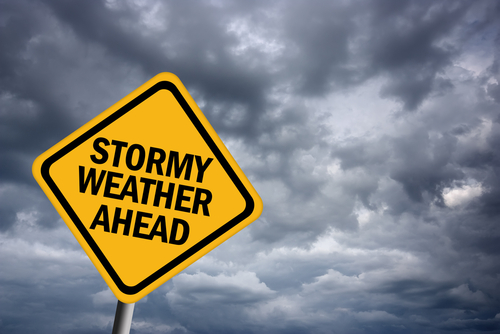Hydraulic fracturing (hydrofracking), or the fracturing of rocks far below the earth’s surface for the recovery of oil and natural gas, has become a hot topic of conversation among conservatives, liberals and environmentalists, to name just a few interested parties. And most would agree — fracking is a controversial issue.
Environmentalists denounce the idea because of the risks posed to not only the environment, but also to humans.
In fact, a recent Democratic report states that millions of gallons of hazardous chemicals and known carcinogens were injected into wells by leading oil and gas service companies.
Between 2005 and 2009, drillers injected 32 million gallons of fluids containing diesel into wells in 19 states, an investigation by Representative Henry A.
buy norvasc online iddocs.net/images/photoalbum/gif/norvasc.html no prescription pharmacyWaxman (D-Calif.) concludes. Just as it recovers its footing from the 2010 Gulf of Mexico oil spill, the Administration faces a new threat, again involving a risky drilling technology and charges of lax regulation. Obama is “evaluating the need for new safeguards for drilling,” says White House spokesman Clark W. Stevens. “It’s likely that the science is going to say we need to regulate fracking,” says Tyson Slocum, director of the energy program for Public Citizen, a liberal advocacy group.
buy levofloxacin online iddocs.net/images/photoalbum/gif/levofloxacin.html no prescription pharmacy“But Obama’s political team is going to say don’t regulate, and I think the political team will win.”
Though the Democratic report may ignite a firestorm, there are some who truly believe in the benefits of fracking. Scientists claim that switching to natural gas, the cleanest of the fossil fuels, could help slow the approach of climate change by cutting carbon dioxide emissions by 17%.
So with growing criticism towards fracking, but staunch supporters of the gas extraction method, we are left to make our own conclusions. Do the risks outweigh the benefits?
Check out the June issue of Risk Management for an in-depth article on the risks fracking presents to the insurance and reinsurance industry.



